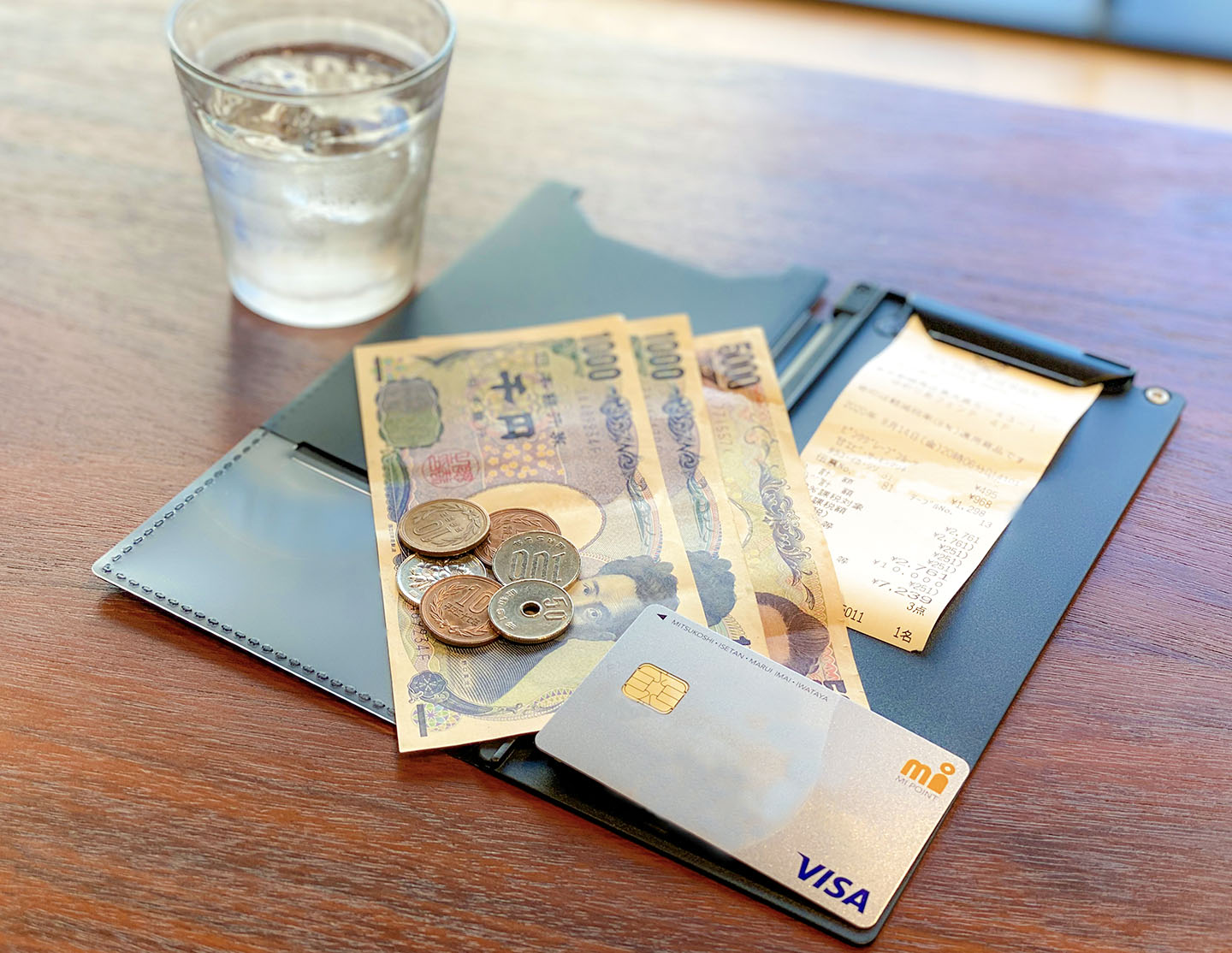
As simple as it is, there is NO tipping(gratuity) in Japan. It is not customary in Japanese service culture, and the act of tipping may even be interpreted as rude. Unlike in many other countries, tipping is simply not expected by the majority of service workers in Japan, including restaurants, hotels, cab, etc.
-
01
Service Charges
Most likely equivalent to “gratuity (tips)” in Japan, “service charges” are automatically included in the bills when you stay at hotels and ryokan (Japanese style inns), eat at restaurants or recieve any kind of “services” in Japan. This system is very unique and usually a rare system when seen from abroad. Unlike gratuity(tips) where a certain service sector workers receive a sum of money for the good service they have performed, “service charges” are not money that goes directly to the workers, but added on as part of the sales. Typically these are set to 10%, however, it can go up to 15% or even more or less, depending on each facility. Japan has incorporated this “service charge” as a substitute for no gratuity (tips) policy.
-
02
Why service charge?
Japanese are not used to the custom of gratuity (tips) and as it didn’t become standardized, workers were affected in their income. To prevent this, Japan came up with an alternative solution, which was to add an extra fee to the bills. In the beginning, service charges went into a pooled fund, and then it was distributed to the workers. However, as time passed, it became just part of the sales to assure a minimum budget to pay salaries to the workers. It makes sense then that these “service charges” changed by time.
-
03
Is it illegal?
There is no standard rule nor a law that clearly bans gratuity (tips). However, due keep in mind if you stay at a hotel or eat at a restaurant if you check the bills, it will clearly state service charge, written in Japanese as “サービス料金”. This is a mandatory fee that must be paid regardless of how good or bad the services were. Even if you wish to add extra as tips, you’ll simply be turned down and in some cases, as it's a very rare custom, some may feel offended. Best advised just pay the price of whatever you used and forget about leaving a tip.
-
04
How to express heartfelt gratitude
In the case of a restaurant, first and foremost, many of the restaurants (except for the high end, fancy restaurants, and some others), don’t have set servers, to begin with. Typically, whoever can respond the quickest will heed the call and come serve you. And in the culture of “omotenashi”, hospitality in which Japanese hosts pay attention to details and anticipate their guests’ needs, great service is simply something that is expected in Japan. So there is no need to express thanks. With that being said, if you want to express your heartfelt gratitude, upon payment, some restaurants ask you to fill in a small feedback form. Here is where you can write in the name of the server you thought had a great impression on you and compliment he/her or the food or whatever.
And in the case of hotels, it's a vague matter as the policy is different in each hotel. However, keep in mind that tipping is rarely expected. With some super rare exceptions and you absolutely must want to tip, do not tip directly with cash. But put it in an envelope and tell exactly what this money is for.
Basically, in the culture where the idea of tipping is not common, a simple “Thank you” either through a letter or saying in person is best without involving any money matters.![]()
The Tokyo Station Hotel
1-9-1 Marunouchi, Chiyoda-ku Tokyo

-


 Go here
Go here










